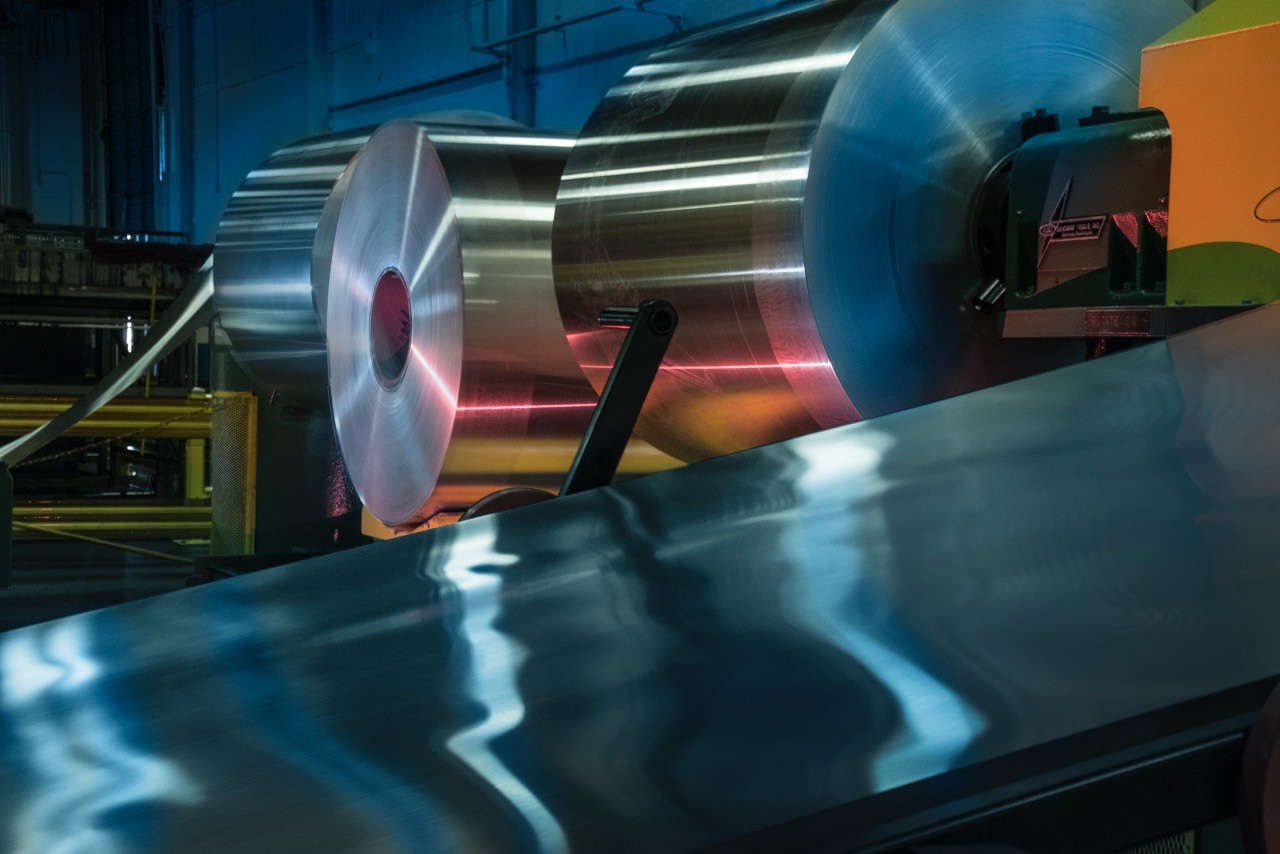Partnering for Progress: Ball and Unilever’s Supplier Climate Program
October 25, 2024

Managing emissions lies at the heart of the sustainability challenge. But as many organizations know, some of those emissions are beyond their control. This is why Scope 1, 2, and 3 emissions are recognized separately, and why some organizations’ climate promises exclude Scope 3 emissions from their targets.
While it’s important for individual companies to take accountability for their carbon footprint, even the biggest players will struggle to bring about transformation at scale and speed if they’re acting alone.
Ultimately, collaboration will accelerate progress towards net-zero.
Like many organizations, the majority of Ball’s emissions come from Scope 3, and as a result it has made collaboration a critical component to its overall Climate Transition Plan.
As Predrag Ozmo, Director of Sustainability at Ball Corporation, puts it: “One company’s Scope 3 emissions will inevitably be another company’s Scope 1 and 2 emissions.”
“It’s essential to explore collaboration with our partners in order to achieve our climate targets. Embracing an ambitious climate approach with our partners now will safeguard all our businesses in the long run.”
“We have focused on collaborating with partners in our entire value chain, and we have worked hard to become an ambitious voice in the industry, advocating for improvements across the entire value chain,” Predrag says.
Ball's Approach to Collaboration
Ball has been witness to growing participation in collaborative models.
“At Ball, we’re seeing encouraging levels of engagement from our upstream and downstream partners; the task now is making sure we capture this motivation and keep making progress towards common targets," said Predrag Ozmo.
“Often, formal partnerships of like-minded organisations in a value chain are the most effective way to optimise cooperation and knowledge sharing in order to accelerate the progress needed to keep global emissions within the 1.5C range as outlined in the Paris Agreement.”
Ball Corporation co-founded the “First Movers Coalition”, a global initiative harnessing the purchasing power of companies to decarbonise seven hard- to- abate industrial sectors, including aluminium.
Another programme that Ball has been inspired and encouraged by is Unilever’s Supplier Climate Programme.
Collaboration at scale: Unilever Supplier Climate Programme
Approximately 63% of Unilever’s greenhouse gas (GHG) emissions in 2023 came from raw materials, ingredients and packaging. The Supplier Climate Programme is designed to build the capacity of Unilever’s suppliers’, which includes Ball Corporation, to reduce their emissions, benefitting the entire value chain.
Prior to joining the program, Ball already had a science-based target for reducing value chain emissions. As a Category 3 partner in the Climate Programme, Ball directly shares experience, learnings and product carbon footprint data with Unilever, which in turn is shared with other members. In 2023, Ball ratified this commitment to collaboration with Unilever by signing the "Unilever Climate Promise".
“Ball is happy to be collaborating with Unilever on decarbonisation efforts and jointly driving action to reduce the environmental impact of our packaging,” says Predrag Ozmo.
“Working together with other businesses is paramount in addressing this challenge. We must foster consensus, alignment and joint action across shared value chains.
By aligning with Unilever’s climate ambition, we’re setting the stage for long-term, impactful change.”
Stella Constantatos, Unilever’s Supplier Climate Programme Lead, also emphasized the importance of Unilever’s collaboration with Ball to accelerate climate action, stating: “As we work towards our climate targets, we know we can’t solve all our challenges on our own – we need to identify and seize opportunities for collaboration with others in our value chain.
Reducing emissions from our packaging is one of ten action areas set out in our Climate Transition Action Plan, and we know aluminium production is CO2 intensive. So, naturally we’ve been keen to collaborate on reducing the footprints of the materials Ball supplies to Unilever,” Stella added.
Collaboration in action: Outcomes from Unilever’s Programme
Unilever says that in the future, focus will be on the development of partnerships coming out of workshops it is holding with select suppliers, as well as shaping roadmaps for priority materials with the biggest GHG reduction opportunities.
Stella highlighted: “I’m really pleased that we’ve come together via a deep dive workshop to identify specific opportunities to drive innovative solutions.
We’ve learned to understand how far along our suppliers are in their own climate journeys so that we provide the right kind of tools and resources – no matter their size or location.
Listening is essential – working together means we benefit from the skills and expertise of our suppliers when navigating our way through complex challenges.
The world is not on course for safely limiting global warming to 1.5 degrees, and urgent, accelerated climate action needs to be taken, and everyone has a part to play. Quite simply, we will not reach our goals without working together with our suppliers. And on the flip side ambitious climate action offers returns for all of us, from increased resilience in our supply chains to retaining competitiveness for future business.”
Starting the conversation
Ball believes that the easiest way for companies to start being more collaborative is simply to open up the lines of communication and talk to suppliers and customers.
“It can be hard to know where to start, but so often the first step is a simple conversation about climate plans, progress and goals,” said Predrag Ozmo.
“We want to collaborate with all of our partners and suppliers, and we welcome the opportunity to share what we know, and learn from others."
